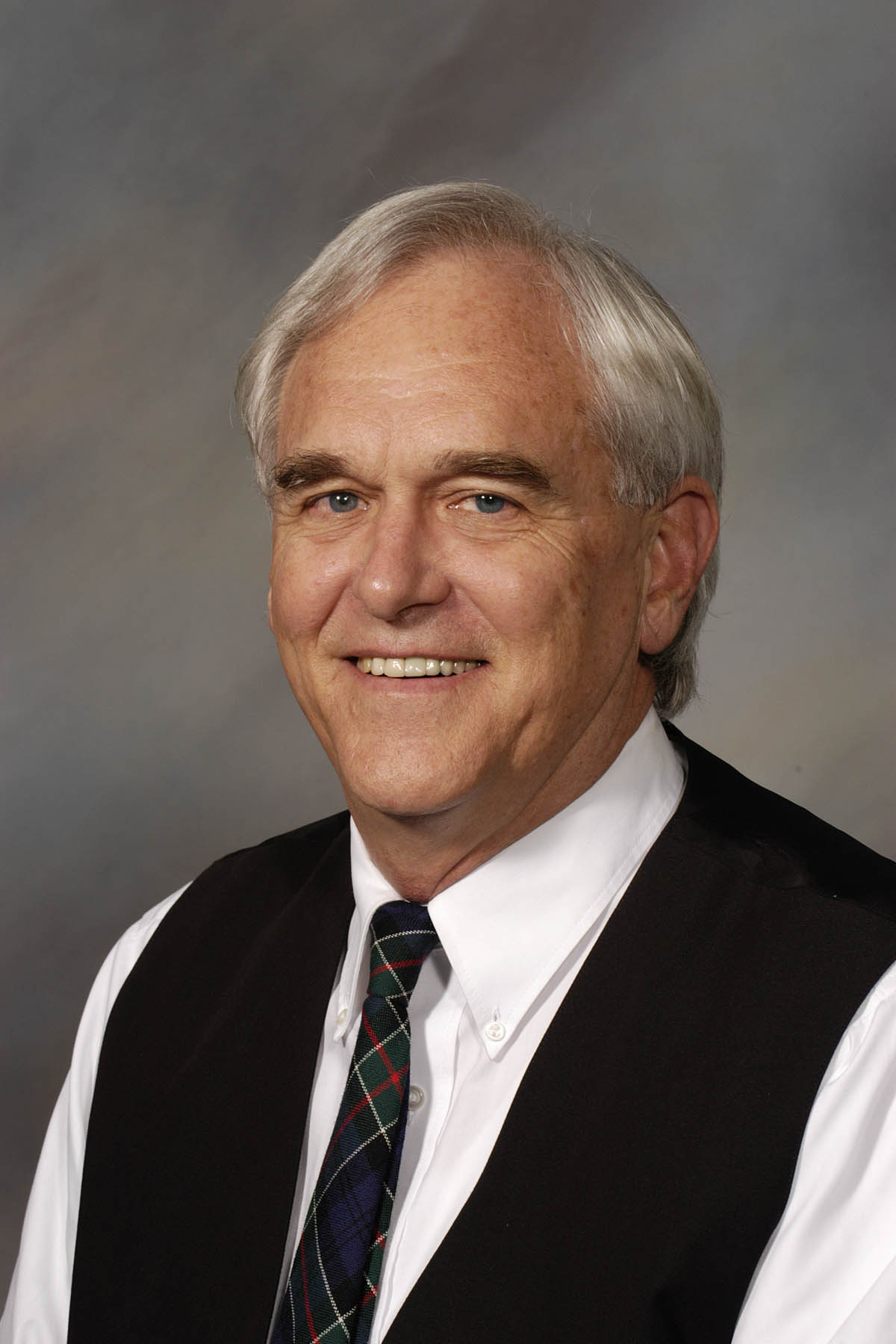
RICHMOND, Va. (BP)–It’s a one-in-a-million story that starts with a missing roll of film and ends in the belly of a dead hyena. But this isn’t an urban myth; it’s real life.
Just ask Vance and Cherry Kirkpatrick. Veteran Southern Baptist missionaries, they’ve spent the past 35 years reaching the lost in Kenya. Vance is a theology professor at Kenya Baptist Theological College. Students typically fill his classroom to ponder chronological Bible storying or the finer points of missiology.
But the numbers are intimidating. There are more than 163 million people who haven’t been reached for Christ in Central, Eastern and Southern Africa. That’s 59,000 individuals for every one of the 500-plus Southern Baptist missionaries in the region.
It’s an overwhelming task, but that doesn’t intimidate the Kirkpatricks. That’s because Vance knows statistics, even seemingly impossible ones, aren’t beyond God’s reach.
To illustrate, he tells an improbable story involving a family friend in Kenya. The friend had gone camping in a remote game park and lost a roll of film. The photos from that film were returned to him months later by a couple who had visited the same park. There, the couple witnessed a lion kill a hyena. But when the lion didn’t eat its kill, the couple became curious.
Determined to understand this strange behavior, the couple cut open the hyena’s carcass. Inside its stomach they found a roll of film, which they decided to develop. To their amazement, it produced a set of prints. The couple recognized the Kirkpatricks’ friend among the pictures and returned the photos.
It sounds unbelievable, but Vance confirms this tall tale actually happened. Call it a million-to-one chance.
The Kirkpatricks’ ministry is needed in Kenya, where one in eight people is infected with HIV. In fact, 60 percent of the world’s AIDS cases are found in sub-Saharan Africa, though the region holds only 10 percent of the world’s population. Estimates from the UNAIDS/World Health Organization predict more than 2.4 million will die from the disease in 2007.
Sobering statistics indeed, but ones that have created a new sense of urgency for the International Mission Board’s work in Africa. As educators, the Kirkpatricks are playing a strategic part in that task. According to Gordon Fort, vice president for the IMB’s Office of Overseas Operations, a missionary’s role as teacher of theology is more important than ever.
“We cannot ensure the health of church growth if missionaries are not doing theological education,” Fort said. “It’s the very foundation of everything we do … the work of the Gospel has to go on the feet of strong theological underpinning.”
That foundation is exactly what Vance and Cherry are building in Kenya.
In the early 1980s, the Kirkpatricks helped found what today is known as Kenya Baptist Theological College. With just 10 students in its first graduating class, the college today boasts an enrollment of more than 250.
Although they share the same doctrinal blood, the college is a significant departure from traditional seminaries. Instead of spending upwards of three years on campus as full-time students, coursework at Kenya Baptist is completed during a series of two- to three-week stints spread out over a four-year period.
“The program was organized with one major sense of direction — to train people who are already involved in ministry without severely interrupting their ministry,” Vance explained.
Classes range from general theology to Christian music to studies of African traditional religion. Most students graduate with a certificate or diploma in theology; a bachelor’s degree also is an option.
Theological education is leading to more decisions for Christ, Vance says. He cites a church in Nairobi as a good example. Both the pastor and assistant pastor are graduates of Kenya Baptist Theological College. Church members recently made the decision to send missionaries of their own to an unreached people group about 200 miles away.
“We checked that one off the list,” Vance said. “More and more of our students are finding ways to be missionaries to unreached (people groups).”
That type of self-motivation and independence is exactly what the Kirkpatricks want to see from the Kenyan church. The alternative, Vance pointed out, can be a crippling dependency.
“Without theological education, the new church is inordinately dependent on foreign interpretations, applications and emphasis related to their faith,” he said. “We have to make it an African Christianity, not a Western imitation.”
But relinquishing the church’s theological helm is only part of the challenge. Vance knows local Baptist leaders must also learn to navigate some muddy moral waters. Polygamy, for instance, is common in Kenya and presents a unique problem for churches there.
“When we look at a church full of polygamists who have been saved after taking numerous wives, we have huge emotional stress,” Vance says.
While the Kenyan church deals with cultural controversies and the transition to independence, the Kirkpatricks are preparing for a transition of their own –- retirement.
This December marks their 35th anniversary as IMB missionaries in Africa. Though they will officially retire in July 2007, Vance and Cherry don’t have any plans for slowing down. Instead, they’ve chosen to stay in Kenya to continue reaching souls for Christ. Kirkpatrick said he’ll remain on staff at Kenya Baptist Theological College as he and Cherry pursue a new venture -– bringing the Gospel to three unreached people groups near their home.
–30–
















